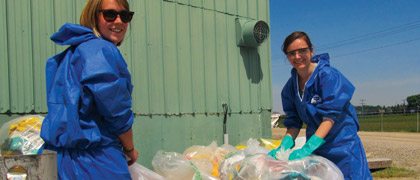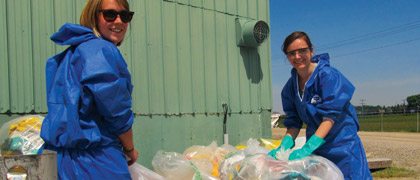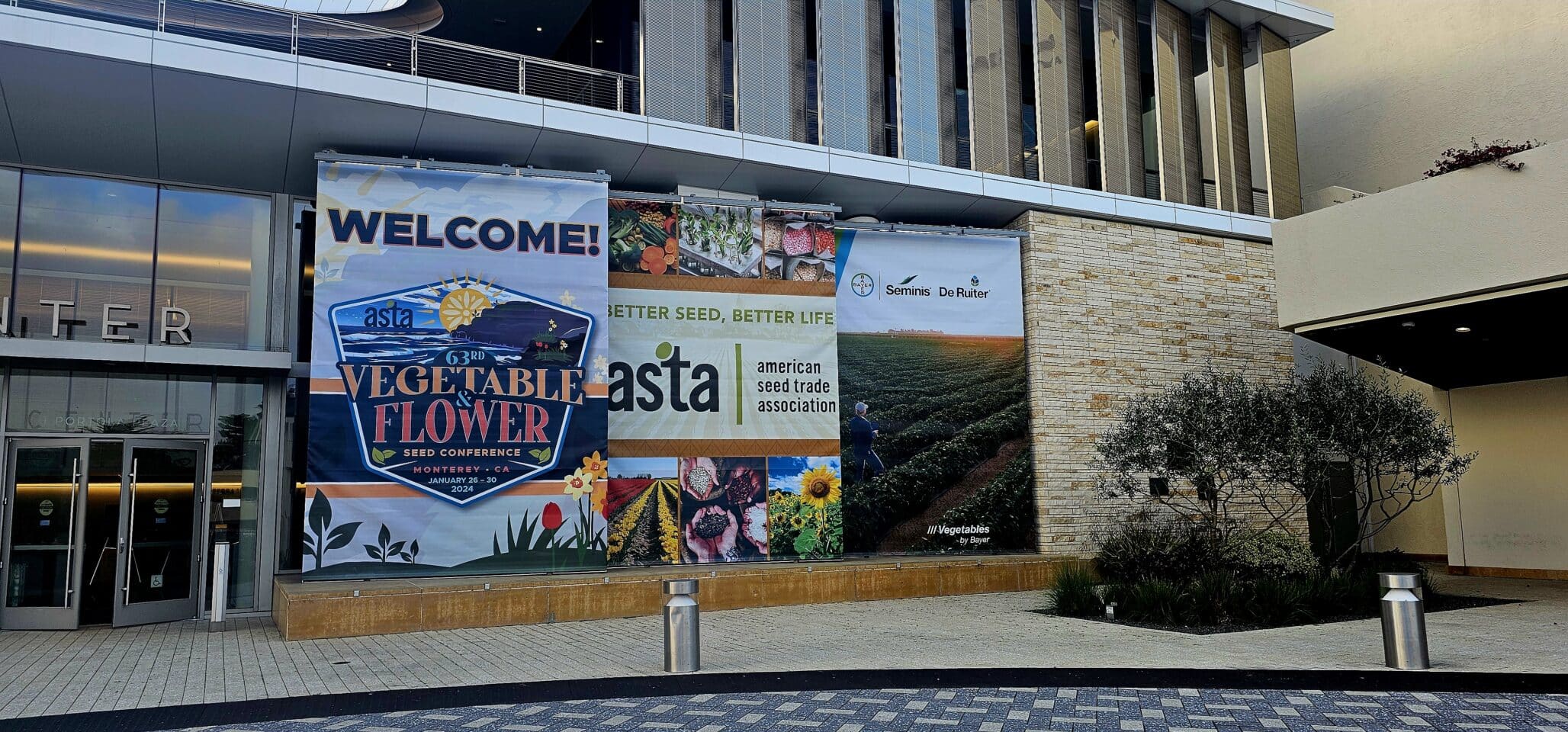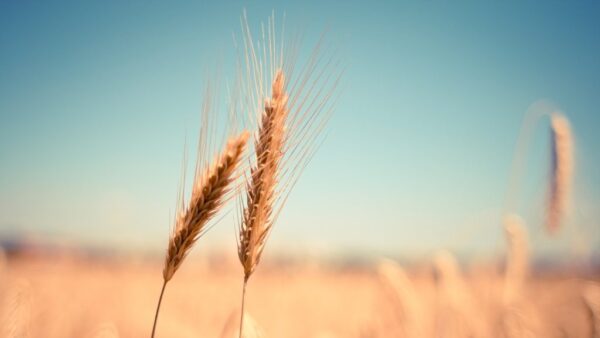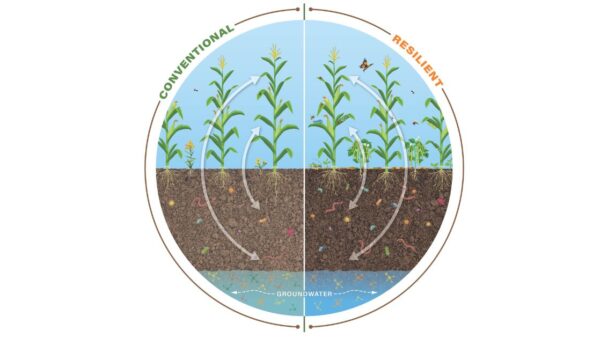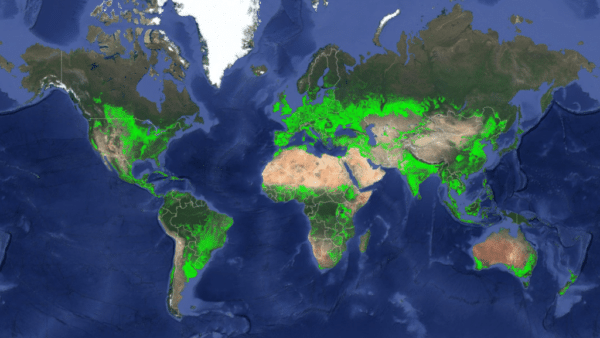Stewardship in Action
CleanFARMS offers a more environmentally responsible way to dispose of empty seed bags.
At many farms, empty seed bags often end up either in the trash or getting burned in the middle of a field. Now, there’s a more environmentally responsible way to get rid of all those bags, thanks to a pilot project for the safe collection and disposal of pesticide and seed bags that’s available in parts of Ontario, Quebec and the Maritimes.
The program is run by CleanFARMS, a not-for-profit organization committed to environmental stewardship through the proper management of agricultural waste. It’s also supported by Canadian Seed Trade Association, which contributes financially to the pilot project and is a member of the CleanFARMS steering committee. Additional funders include CropLife Canada, the Ontario Ministry of Agriculture, Food and Rural Affairs and the Quebec Ministry of Agriculture.
“It really speaks to the time that we’re in, when environmental stewardship is key,” says Dave Carey, CSTA manager of policy initiatives. “Seed companies want to do their part to make sure that the products they put on the market are safely collected and recycled in the end, and that this is done in an environmentally friendly way.”
Under the program, farmers bring used seed bags to collection centres set up in heavy seed bag usage areas. Farmers are asked to fill large plastic bags, available at all collection centres, with empty paper seed bags. For bulk seed, growers are urged to place a number of empty bags inside one bulk bag and return it to a collection location.
Summer students Eleanor Hawthorn (left) of CleanFARMS and Kristen Grant of the Ontario Ministry of Agriculture, Food and Rural Affairs help collect used pesticide and seed bags.
Building on Success
In 2013, the first year of the project, there were five collection sites, two in Ontario and three in Quebec. This year it was expanded to 40 locations in Ontario and Quebec and 15 in the Maritimes. “Expanding the program allowed us to collect more data and will help us to improve our collection process and the program as a whole going forward,” says Barry Friesen, general manager of CleanFARMS.
There are plans to add even more locations next year, with of goal of establishing a permanent program for pesticide and seed bag collection and disposal by 2016. “We will further expand the pilot program to approximately 200 retail locations in Ontario and Quebec, in addition to all of the major retail locations in the Maritimes in 2015,” says Friesen.
Industry is supportive of moving toward a permanent program. “We definitely support a full program,” Carey says.
So far, the program has exceeded expectations. “We saw excellent participation from farmers in this pilot program, yet another demonstration of their commitment to ensuring the sustainability of the agricultural industry,” Friesen adds.
It was initially hoped that five per cent of all bags in the targeted regions would be collected under the CleanFARMS program; this year it was seven per cent. “The final numbers are not in yet, but we expect to have collected close to 100,000 bags in 2014,” says Friesen.
So where did all those bags end up? In Ontario and the Maritimes, the bags were taken to waste-to-energy facilities and converted into energy, and in Quebec, the bags were used by a large cement manufacturer as an alternate fuel.
One of those responsible for helping gather seed bags was Tim Williams, a CleanFARMS collection agent and a DuPont Pioneer seed dealer, who also grows corn, soybeans, wheat and alfalfa near Petrolia, Ont.
This was William’s first year participating in the program, and he says the program was well received. “A lot of farmers brought back their bags,” he says. “In some cases, I had farmers who brought in 100 or 200 bags.”
Mark Halsall


